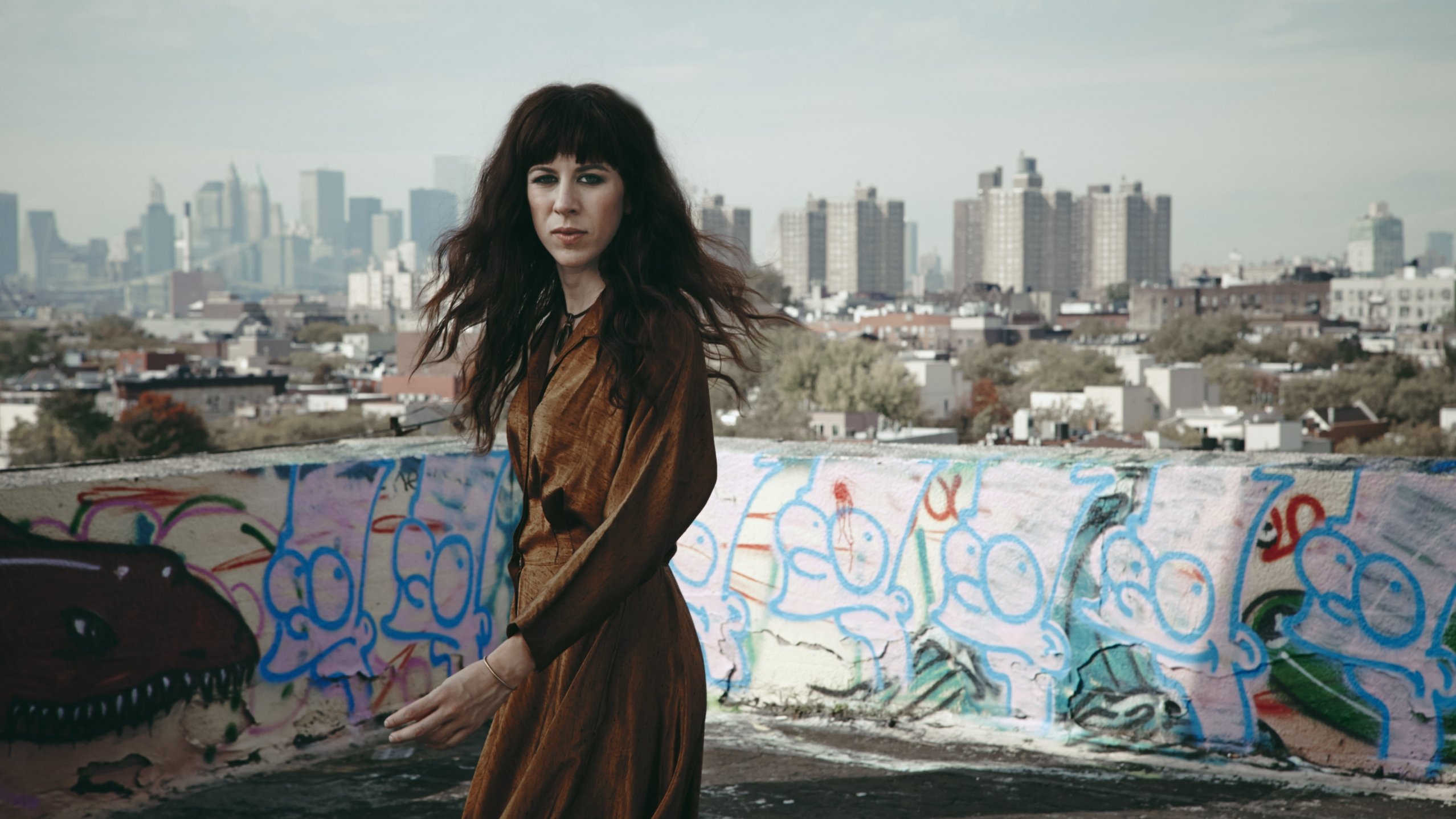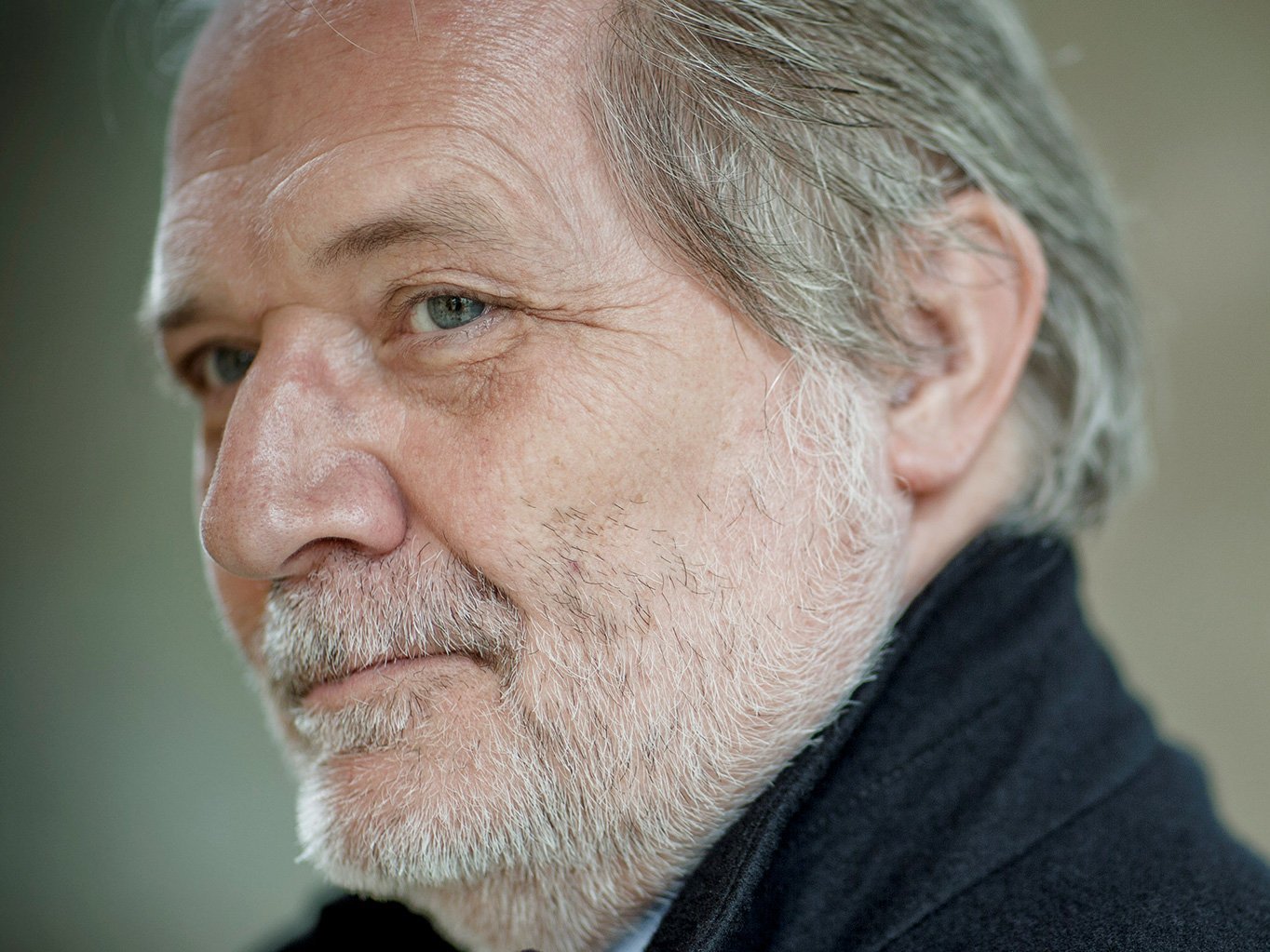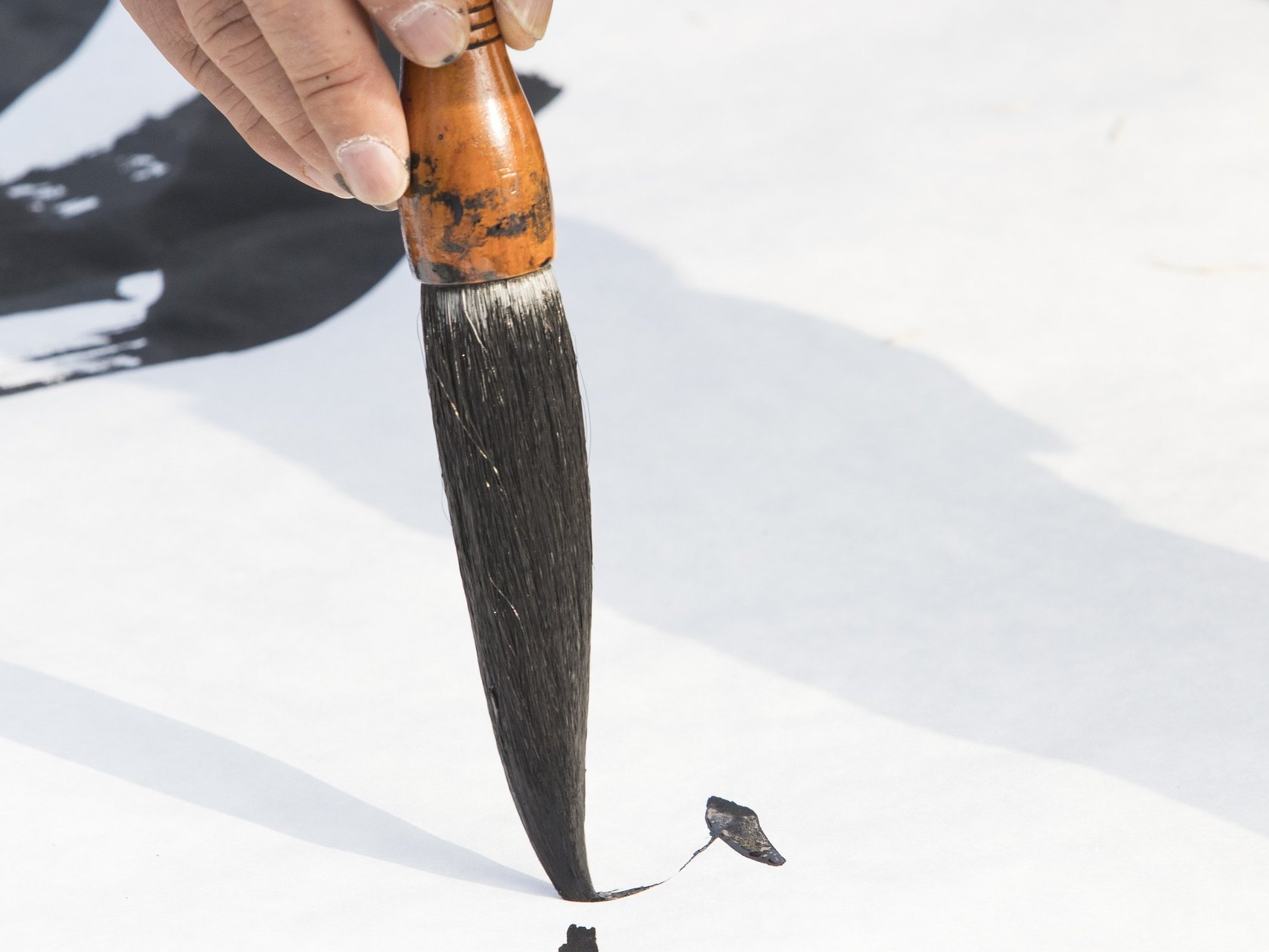- Portrait

Missy Mazzoli has lived a life full of giant leaps – from rural Pennsylvania to the cosmopolitan city of New York, and from young Beethoven fan to the “new Mozart of our millennium”. Composer, pianist, and performer Missy Mazzoli began playing the piano at the age of seven; by the time she was ten, she was writing her own music. Today she composes operas, works for solo piano, violin, electric guitar, and for her own band.
“On the day I graduated from university, I just got into a van and moved to New York with a friend,” recalls Missy Mazzoli; it was a turning-point. She still finds life in the Big Apple inspiring – both personally and as a composer. “It just felt like the most exciting place in the world. And I knew that once I landed in New York, I would never want to leave. I think because I grew up in a small town, every day I live here is like a victory.”
Life in rural Lansdale, Pennsylvania was restrictive and isolated. On long journeys, young Missy Mazzoli discovered music through the car radio. But from the very beginning, it was more than just background noise. Music was her gateway to a fascinating world, and to different creative fields. Songs combine music with literature and poetry; opera with theatre and painting. Everything flows together.
Music as a way to give structure to the world
At the same time, creativity serves as her organising principle for complex contexts. “You take the global data set and create something very organised from it,” she explains. “A piece of music has a beginning and an end, and is divided into these many small parts – quite literally, by the bar lines. It’s a way of giving structure to the world, to time and to complex thoughts.”
Beethoven in particular cast a spell over her early years. She obsessively studied his life and work, compiling tables of his symphonies. She began playing the piano at the age of seven, and three years later composed her first pieces, which she performed herself. Performing has remained an important part of her artistic DNA ever since.
While Mazzoli initially used music to reflect her personal identity in a complex world, she gradually broadened her perspective, increasingly focusing her work on humanity as a whole. People as a source of fascination, in relation to their fellow human beings, in their environment: “I have the feeling that a large part of my work is about human relationships,” she says, “and about our needs, and our attempts to communicate with each other as human beings.”
Music in the here and now
But in her home town of Lansdale, there were few opportunities for interaction and exchange with like-minded musicians, and she had no contact with any contemporary, avant-garde or experimental trends. For a long time, all artistic influences came from the past. This only changed when she studied at Boston University, the Koninklijk Conservatorium Den Haag, Yale School of Music – and finally in New York.
It is important to Mazzoli to be an artist of her generation. That means capturing the zeitgeist, and writing music that can only be created in the here and now – both in terms of content and of sound. In solo works, chamber music or opera, instrumental or vocal music, her pieces are a mixture of tonality and atonality, of familiar and unfamiliar components. Mazzoli often plays with slow but constant change. Shadows lengthen incrementally over classical timbre; unexpected cracks appear in the surfaces of sound, and feelings of security shift into unease.
Her artistic connection to the present is particularly clear in her operas; it is a genre she finds profoundly fulfilling. “It is very much based on collaboration,” she explains, “and I have the opportunity to tell stories. There’s so much going on in America and in the world, so there’s an urge to tell these stories. Basically, every news programme these days is an opera.”
Pioneer of classical music in the 21st century
Mazzoli’s critical view of the present and its social history is always palpable: Proving Up is about a family from Nebraska in the 19th century trying to realise the American dream, while Song from the Uproar tells the life story of pioneering Swiss feminist Isabelle Eberhardt. Her opera The Galloping Cure, scheduled for 2026, sets Franz Kafka’s short story A Country Doctor against the backdrop of the current opioid crisis in the USA.
And her music is well-received – by peers and public alike. Her commissions come from all over the world and, together with Jeanine Tesori, she is the first commissioned female composer at New York’s Metropolitan Opera. Her Vespers for solo violin was nominated for a Grammy, and Cathedral City, the debut album with her band Victoire, was described by the New York Times as one of the best classical albums of the decade. She has been acclaimed by the press as a composer with an “apocalyptic imagination”, “full of originality and surprises”, and as “a pioneer of classical music in the 21st century”.

The composer Marianna Martines
Composing child prodigy, harpsichord virtuoso and singer: in 17th century Vienna, her domestic academies were musical hotspots.

I’d like to take people with me on a journey
Composer and conductor Peter Eötvös died in March of this year at the age of eighty. When the Berliner Philharmoniker give the German premiere of his piano concerto “Cziffra Psodia” this September, the orchestra pays homage to a passionate musician who was a close associate for decades.

The calligraphy of sounds
A portrait of the composer Toshio Hosokawa